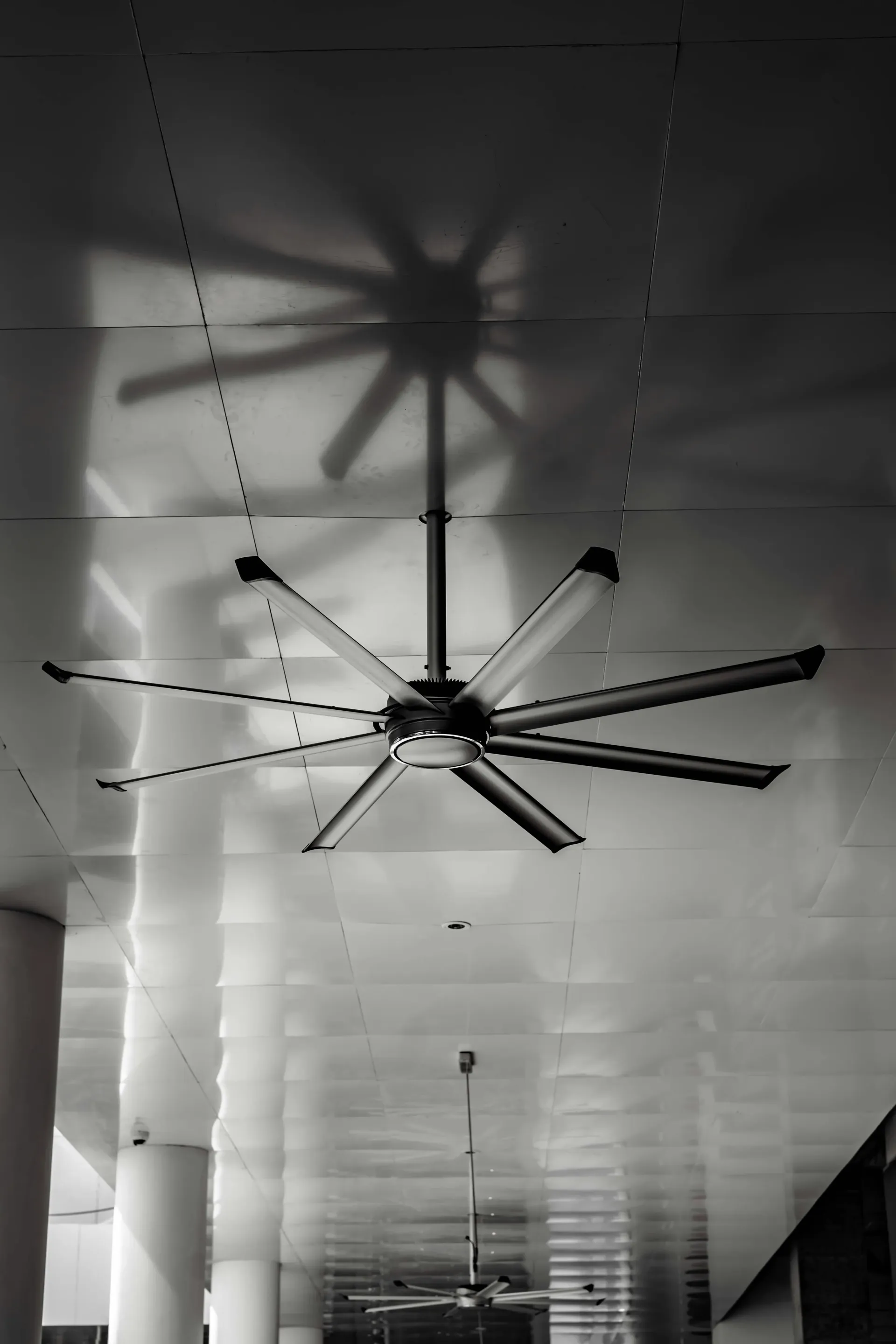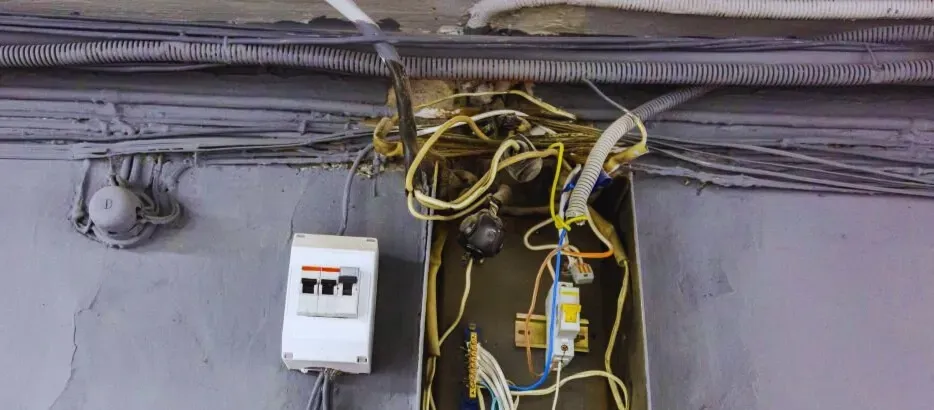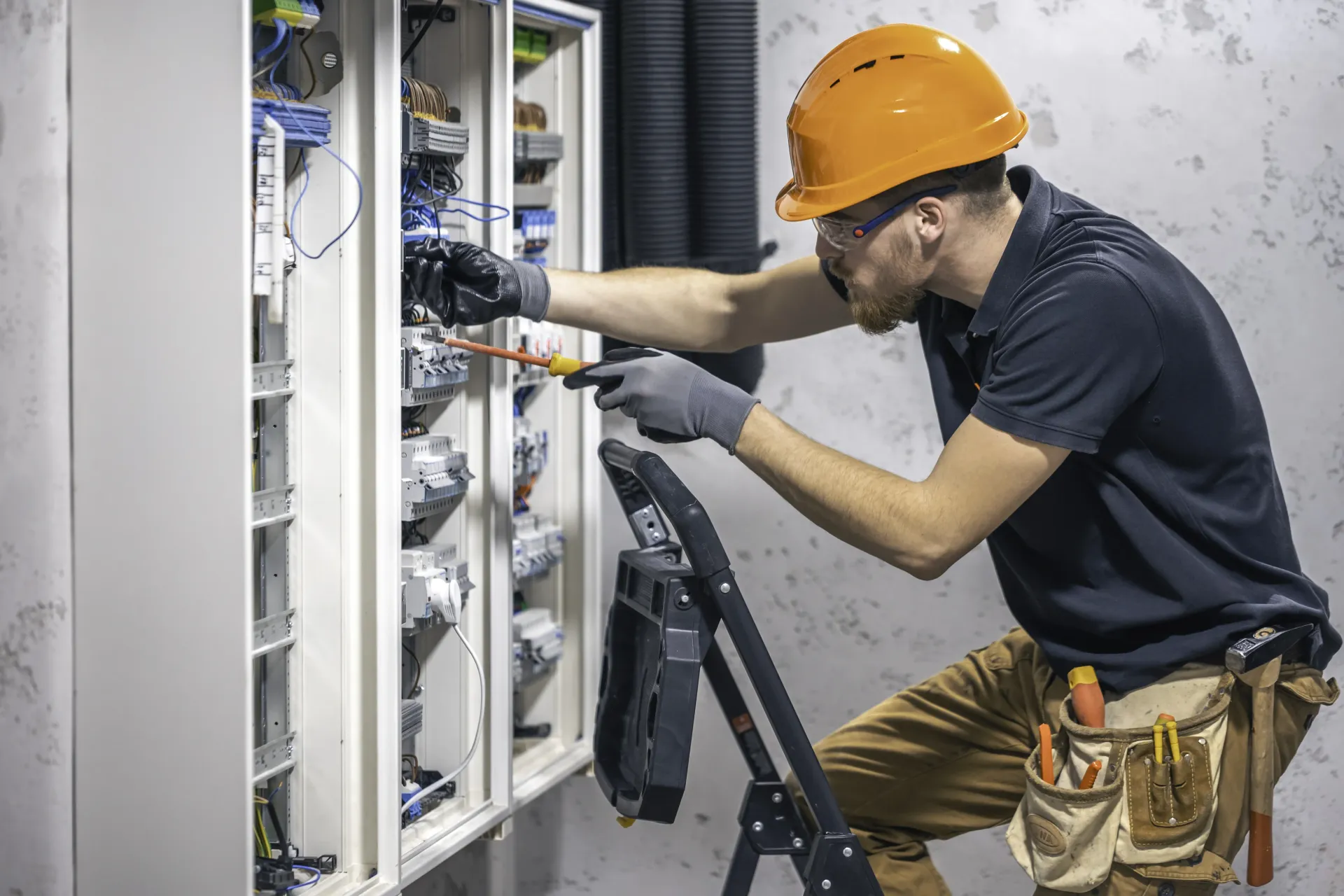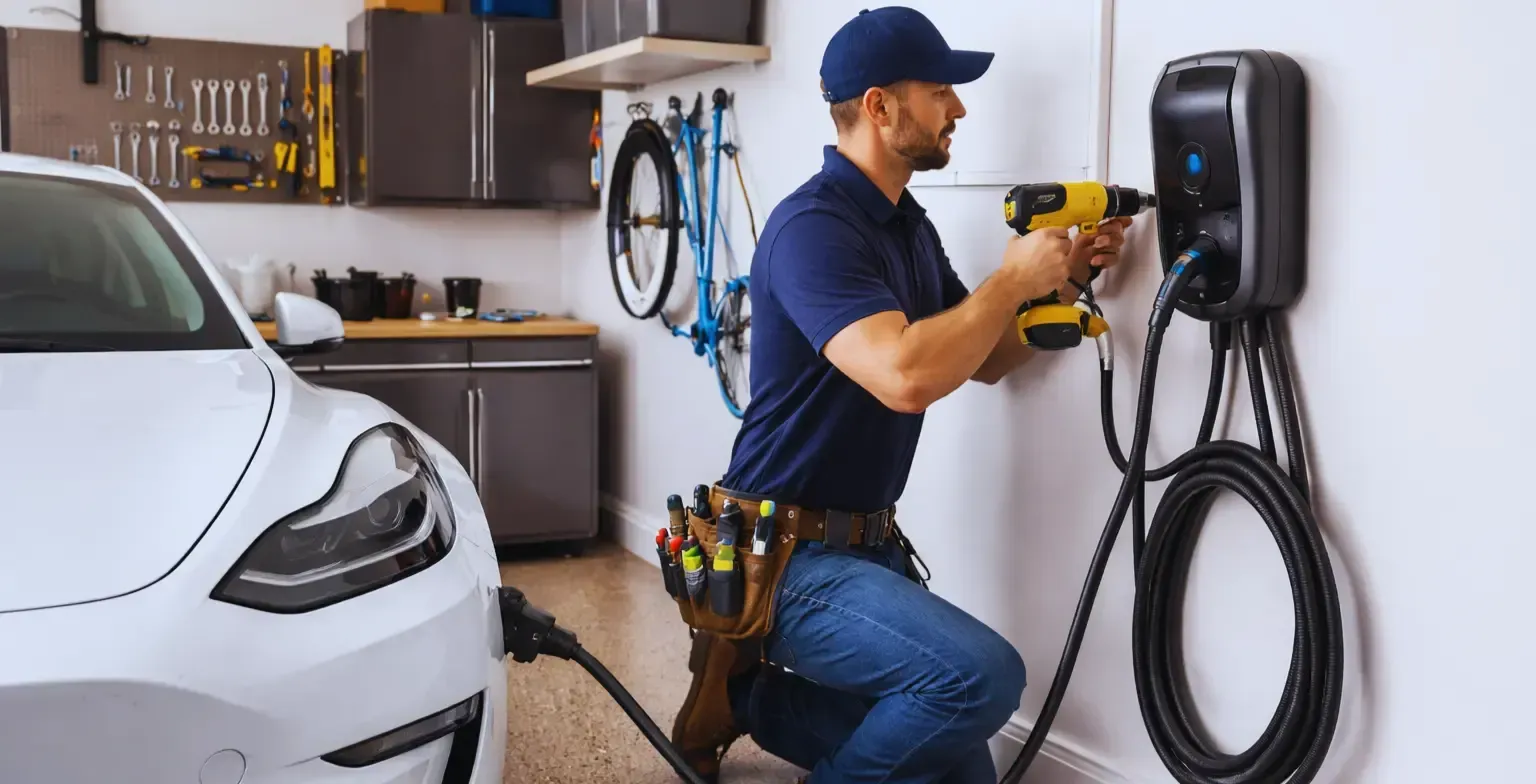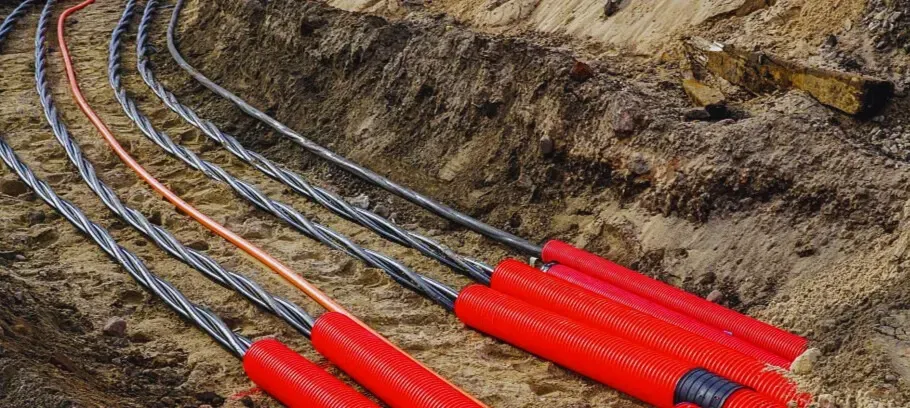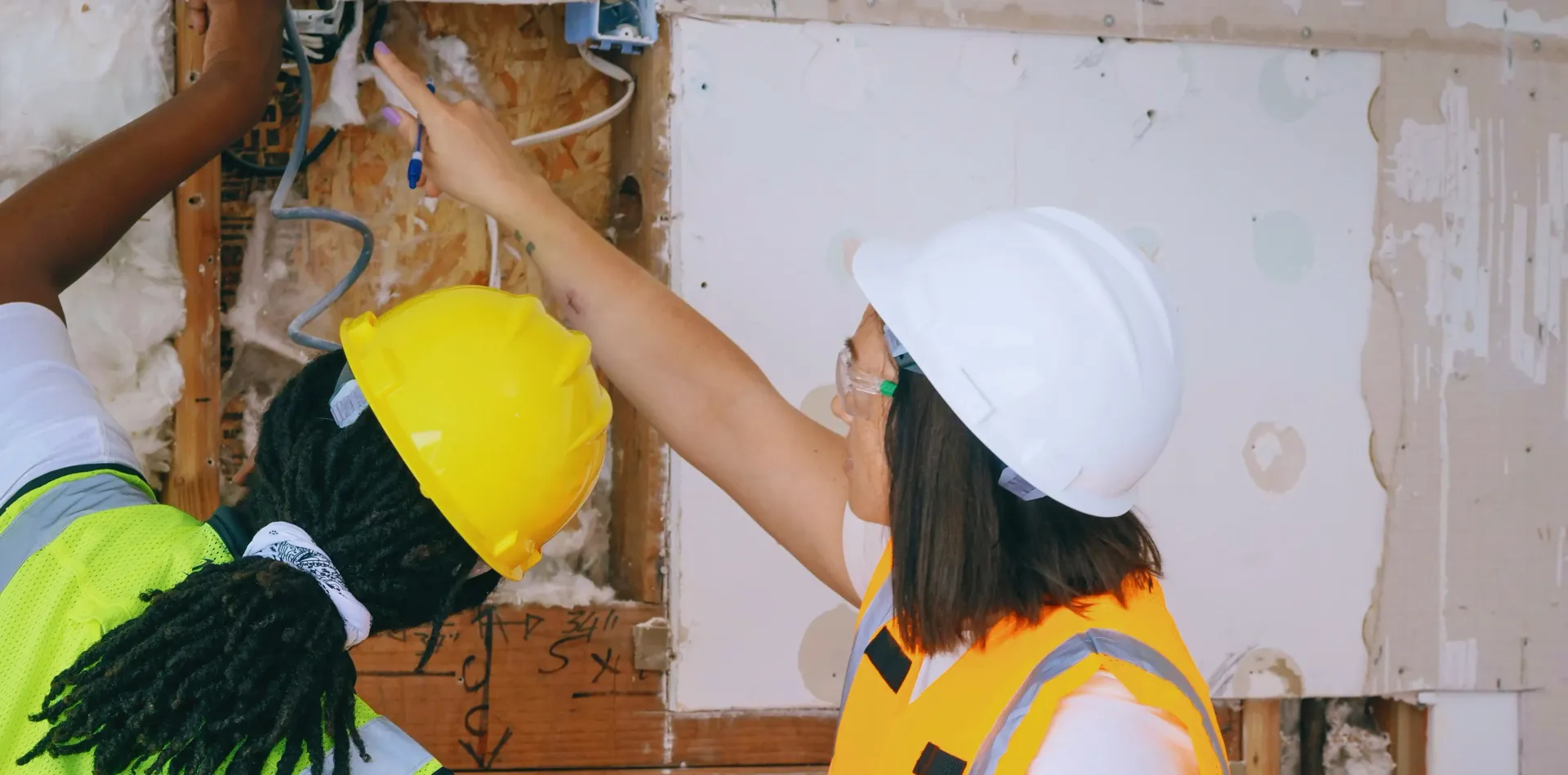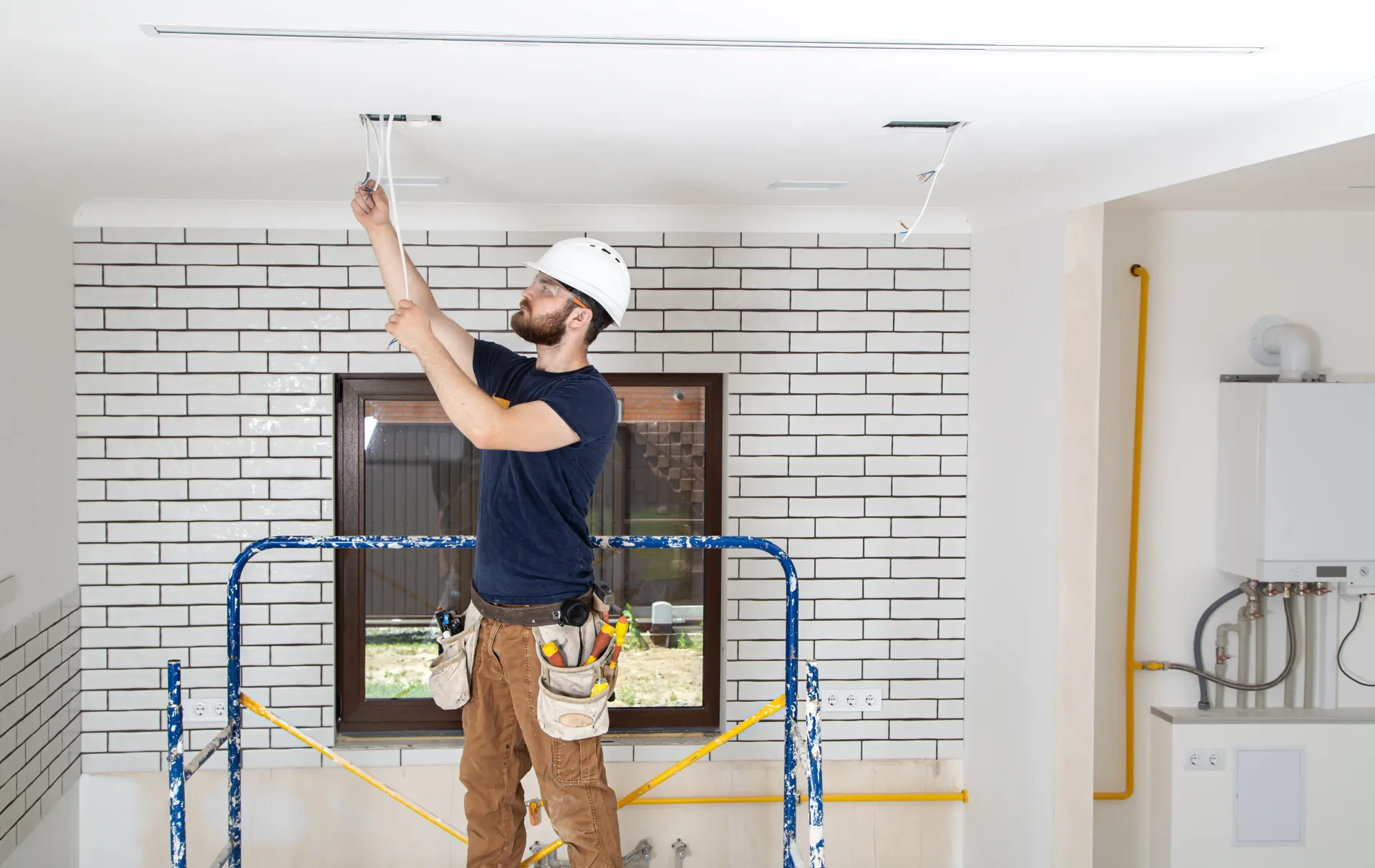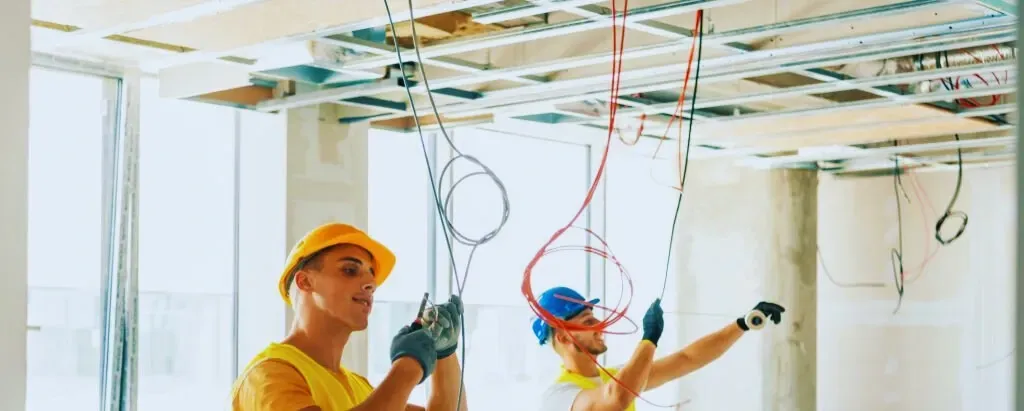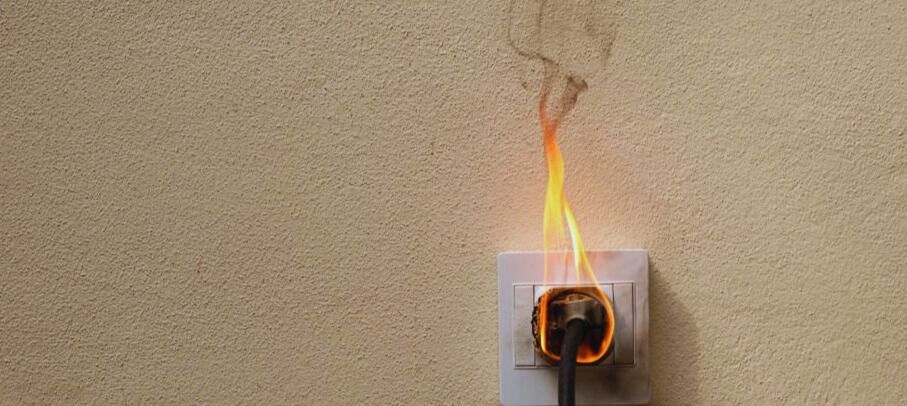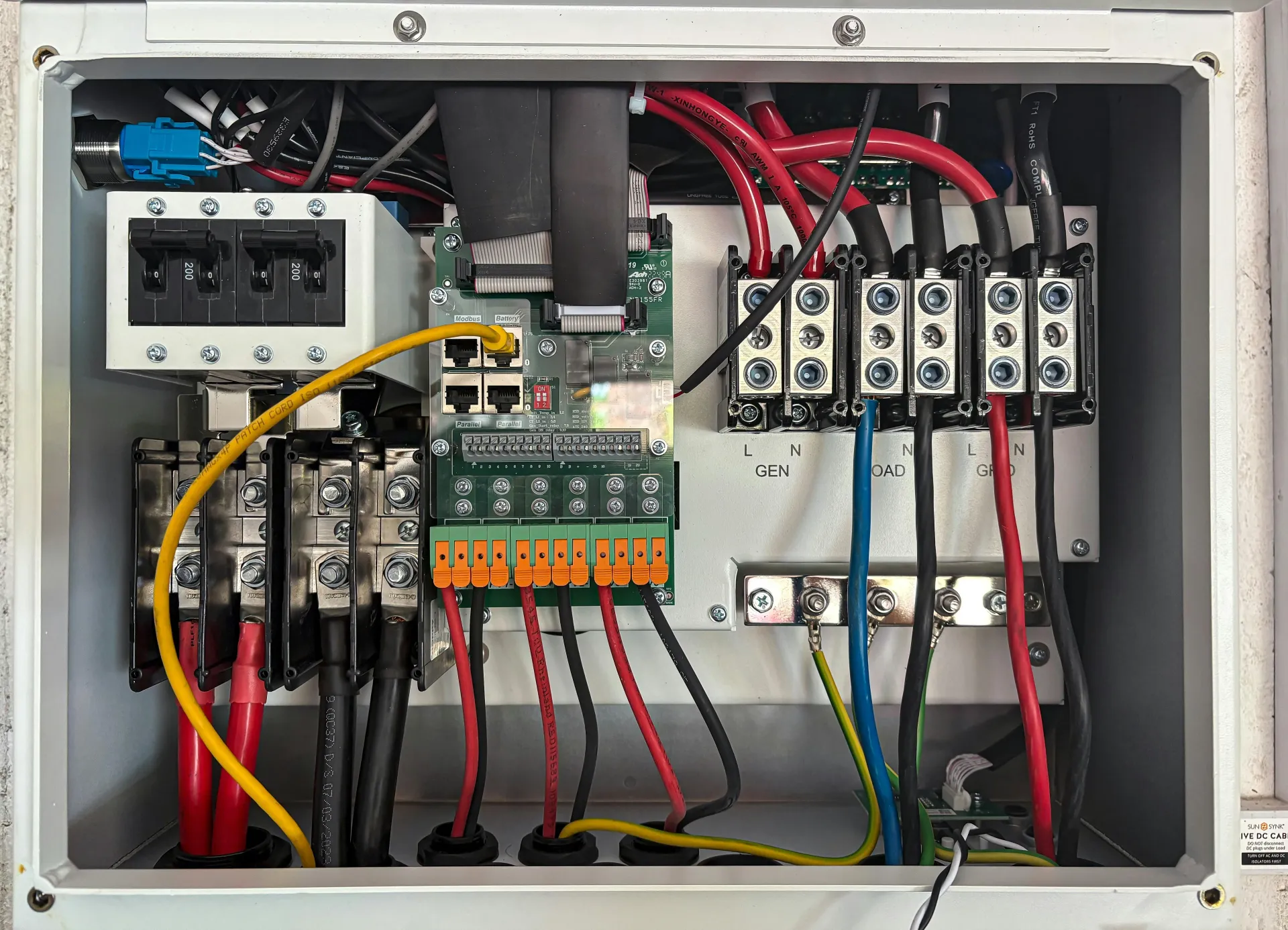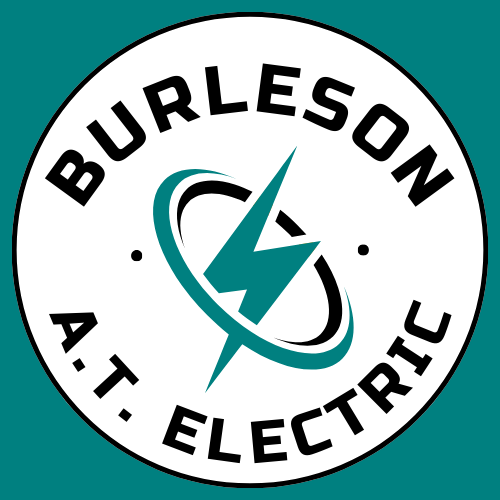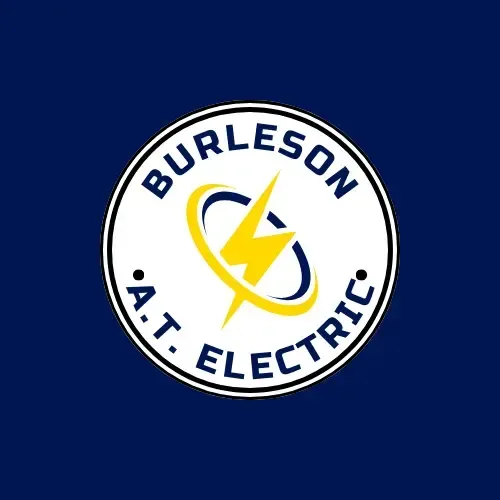How to Know It’s Time to Call an Electrician for Home Electrical Issues
Electricity is the silent force powering nearly everything in our homes—from morning coffee brews to cozy nighttime reading. Yet, for all its benefits, it comes with silent threats when something goes wrong. Knowing how to identify when something is off with your electrical system can save your home—and potentially lives. Homeowners often ignore early warning signs, brushing off flickering lights or tripping breakers as “just a glitch.” However, these could be the early whispers of a serious electrical issue brewing beneath the surface.
This article is designed to help you understand the clear indicators that it’s time to call a professional electrician. Not later. Not when you “get around to it.” But now. If you’ve been brushing aside electrical oddities, this guide will walk you through all the signs, symptoms, and reasons why ignoring them could lead to devastating consequences.
Let’s illuminate what those signs are and why your next move might be to contact a certified professional like Burleson Electric's Electrical Service.
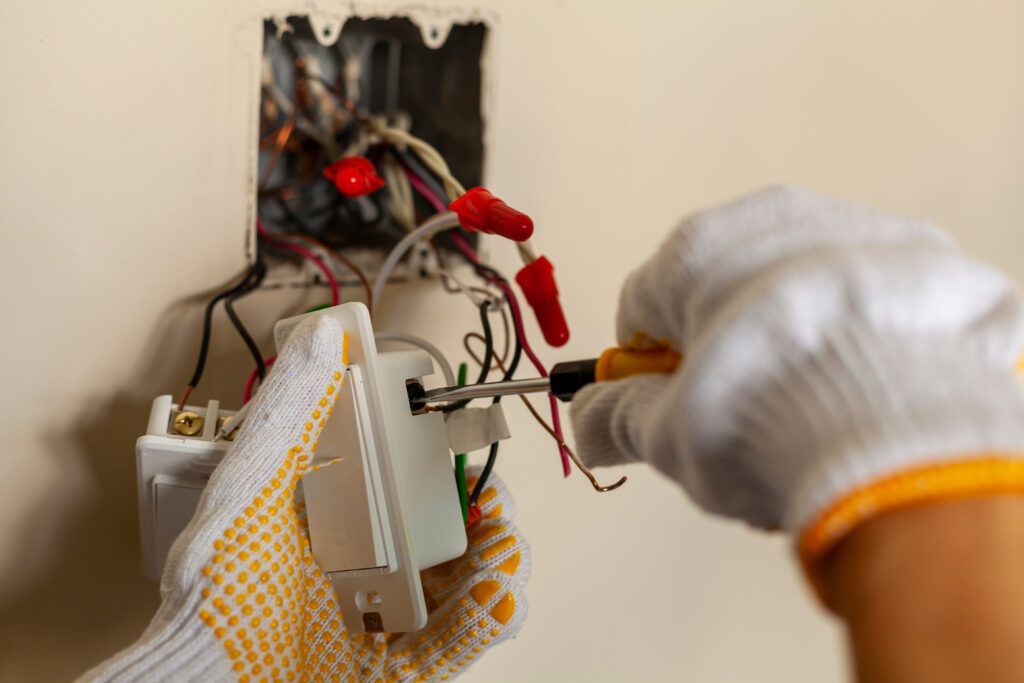
Frequent Circuit Breaker Trips
Your circuit breaker is your home’s first line of defense against dangerous electrical surges. But when it keeps tripping, that’s not just annoying—it’s a red flag.
This usually happens when a circuit is overloaded, or worse, there’s a short circuit or ground fault. Resetting it repeatedly is like putting a band-aid on a bullet wound. It might work for a while, but the core issue still festers.
If you notice this happening more often—especially with certain appliances or at certain times of day—it’s time to consult a licensed electrician. Ignoring this sign could mean risking an electrical fire or damage to expensive equipment.
Flickering or Dimming Lights
We all love a good ambiance, but if your lights are flickering and dimming without touching the dimmer switch, that's not mood lighting—that’s a malfunction.
Flickering lights can be caused by loose wiring, voltage fluctuations, or overburdened circuits. If it's happening with just one light, it may be a faulty bulb or fixture. But if it's happening across rooms or the entire house, there’s likely a systemic issue.
In such cases, don’t just switch out bulbs. Call a professional. It's often indicative of overloaded circuits or faulty connections that could spark a much larger issue if not addressed.
Burning Smells or Scorch Marks
There are few smells more alarming than that faint scent of burning plastic or rubber in your home. If you notice it and can’t find the source, go straight to your breaker and shut off the power. Then, call an electrician immediately.
Scorch marks or discoloration around your outlets or switches are visual evidence of overheating. These could be caused by loose wiring, corrosion, or a short-circuit. These issues don't resolve themselves—in fact, they tend to worsen rapidly.
Waiting could mean the difference between a fixable repair and a full-blown electrical fire. If you experience this, you’re likely already past the point of "DIY fixes."
Warm or Sparking Outlets
Outlets should never feel warm to the touch. Period.
A warm outlet usually means there's too much current passing through, which could result from overloaded circuits, faulty wiring, or outdated fixtures. Likewise, if you ever see sparks when plugging in a device, that’s not static—it’s a cry for help.
Sparks can ignite dust or paper near the outlet, leading to a fire hazard. These are both urgent reasons to bring in a professional to evaluate the safety of your system.
Buzzing Sounds in the Walls
Walls aren’t supposed to talk—and certainly not buzz. A buzzing noise often points to loose connections, faulty wiring, or even electrical arcing. That last one is especially dangerous—it means electricity is jumping between connections, which is a primary cause of electrical fires.
This noise might come and go, but that doesn’t mean it’s safe to ignore. It's essentially your electrical system's way of whispering, "Help me."
Outdated Wiring Systems
If your home is older than 40 years and hasn’t had its wiring updated, you’re likely sitting on a fire hazard.
Homes built before the 1980s often used aluminum wiring or knob-and-tube setups, both of which are significantly less safe than modern copper wiring. These older systems weren’t designed to handle today’s power-hungry appliances and devices.
Upgrading your wiring not only increases safety but also improves energy efficiency and may be necessary to comply with homeowner's insurance or building codes. Schedule a consultation with a licensed electrician to inspect and modernize your home’s wiring.
Overuse of Extension Cords
Extension cords are meant to be temporary, not a permanent solution.
If you’re relying on them daily, it's a sign your home doesn’t have enough outlets to meet your needs. This is common in older homes and can overload circuits, leading to overheating and even electrical fires.
A licensed electrician can install additional outlets safely and ensure your wiring can handle the increased load. In this case, investing a little upfront can prevent a costly and hazardous situation later on.
Two-Prong Outlets Without Grounding
Those two-prong outlets might be charmingly vintage, but they lack a vital safety feature—grounding.
Without a grounding wire, there’s no path for excess electricity to safely exit your system, which increases the risk of electric shock or fire. If your appliances don’t fit or you’re using adapters, it’s definitely time for an upgrade.
Replacing them with grounded, three-prong outlets not only brings your home up to code but also makes your environment safer for children and tech gadgets alike.
Shock or Tingling When Touching Appliances
Getting zapped while making toast or using a hairdryer is more than just a nuisance—it’s a danger.
Electric shock, even minor, signals a grounding or wiring issue. If you feel a tingling sensation when touching an appliance, stop using it immediately and unplug it. Call an electrician to inspect your system for faults before using it again.
Even a small shock can be a precursor to a much larger electrical failure.
Inconsistent Power Supply
Lights dimming when appliances start up, power dropping in one area of your home, or random blackouts? These symptoms point toward uneven electrical distribution or failing connections.
It could also signal that your home’s electrical panel isn’t up to handling your current load. A licensed electrician can perform a load calculation and recommend upgrades to stabilize your power.
Old Electrical Panel
Outdated panels are a common culprit behind many modern electrical issues. If you still have a fuse box or a panel without enough breakers, it might not support your home’s demand.
Upgrading to a modern breaker panel improves safety, energy efficiency, and ensures compliance with building codes.
Your Home Is Over 40 Years Old
If your home has seen multiple presidents, chances are your electrical system is aging too. Homes older than four decades often harbor outdated wiring, undersized panels, and insufficient grounding. They simply weren’t designed with today’s energy demands in mind—smart TVs, EV chargers, air fryers, and all.
Aging electrical systems are more prone to wear and tear, loose connections, corrosion, and fire hazards. Moreover, insurance companies may deny claims or even cancel policies on homes with obsolete systems unless they are upgraded.
An inspection by a licensed professional from Burleson Electric’s Electrical Service can assess whether your home is still running on wires from the disco era.
During Renovations or Additions
Adding a new room? Finishing the basement? Renovating the kitchen? Then your electrical system must adapt accordingly.
Most home additions require new outlets, fixtures, and even dedicated circuits. Trying to piggyback on existing lines without assessing capacity could lead to overloaded circuits, shorts, or fires.
Before any renovation begins, consult an electrician to design a layout that supports new demands. You’ll thank yourself later when the lights don’t dim every time the microwave runs.
Installing Major Appliances
Installing appliances like HVAC systems, hot tubs, electric ovens, or EV chargers puts a serious load on your system. These appliances usually require dedicated circuits, specific voltage levels, or even an upgrade in your service panel.
Trying to install them without professional guidance could damage your system—or void your appliance warranties. An electrician ensures everything runs efficiently and safely without overtaxing your power supply.
Frequent Bulb Burnouts
If your bulbs are burning out faster than expected, the problem may not be the bulb—it could be the wiring.
Loose connections, improper voltage, or incompatible fixtures can shorten a bulb’s lifespan. You might even be unknowingly installing higher-wattage bulbs than your fixtures are rated for, creating heat and risk of fire.
Don’t spend a fortune on replacement bulbs. Call a professional who can check for underlying issues and offer long-term solutions.
Breaker Doesn’t Reset
If your breaker trips and won’t reset—even after multiple attempts—it’s signaling a persistent fault.
This could be a short circuit, ground fault, or a damaged breaker itself. Continuing to force a reset can overheat the panel and increase the risk of fire or electrical failure.
When a breaker acts stubborn, don’t take it personally. Call in an expert to get to the root of the issue.
Power Surges or Flickering During Storms
Not every flicker during a thunderstorm is cause for alarm, but consistent surges during or after bad weather might indicate that your system is inadequately grounded or protected.
These surges can damage electronics, appliances, and internal wiring. Installing surge protection at the panel level—something only a certified electrician can do—is a smart, long-term solution.
Pest Damage to Electrical Wiring
Rodents and insects don’t just munch on food—they’ll chew through insulation and wiring too. Chewed wires are a fire hazard and often hard to detect without professional tools.
If you've had pest problems recently, consider calling an electrician to check if your wiring was a snack. It's better than discovering the issue via smoke alarms.
Your Insurance Requires It
Insurance companies are getting stricter about home electrical standards. If you're applying for a new policy, making a claim, or refinancing your mortgage, your insurer might require an updated electrical inspection.
Failing to comply could void claims or cost you thousands in premiums. Proactively scheduling an inspection keeps you compliant and covered.
Peace of Mind for Your Family
At the end of the day, nothing matters more than your family’s safety. When your wiring is up to code, your outlets grounded, and your panel modernized, you sleep better at night.
Hiring a professional isn’t just about compliance or convenience—it’s about creating a safe environment for your loved ones. And that’s priceless.
Choosing the Right Electrician
When selecting a licensed professional, look for:
- Proper licensing and insurance
- Strong local reputation and reviews
- Transparent pricing and estimates
- Emergency service availability
If you're in Texas, Burleson Electric offers comprehensive residential electrical services with a stellar track record.
The Cost of Ignoring the Signs
Let’s not sugarcoat it—ignoring electrical problems can be deadly. Electrical fires, damaged appliances, skyrocketing bills, and even electrocution are on the table when issues go unaddressed.
The average cost of repairing fire damage from faulty wiring is exponentially higher than preventative maintenance. Don’t gamble with your safety.
DIY vs. Professional Electrical Work
It’s tempting to watch a few YouTube videos and think, “I got this.” But electricity is not forgiving. One wrong move can mean injury or worse.
Unless you’re a licensed electrician yourself, stick to changing lightbulbs and calling the pros for everything else. Electrical systems are complex—and your safety isn’t worth risking.
Emergency vs. Non-Emergency Situations
Some problems—like sparks, burning smells, and breaker refusal—require immediate attention. Others, like outlet upgrades or extra lighting, are less urgent but still need expert oversight.
When in doubt, always treat electrical anomalies as potential emergencies. It's better to be cautious than catastrophic.
Electrical Inspections and Preventative Maintenance
An annual inspection can detect problems before they escalate. Electricians check wiring integrity, grounding, breaker functionality, and overall safety compliance.
Think of it as a health check-up for your house. It’s preventative, cost-effective, and wise.
What Happens During an Electrical Inspection
During an inspection, your electrician will:
- Test outlets and breakers
- Check panel capacity and labeling
- Evaluate grounding and bonding
- Inspect visible wiring and connections
- Look for code violations or outdated components
This thorough process helps identify both present and potential dangers.
How to Prepare for an Electrician’s Visit
Here’s how to make the visit smooth:
- Make a list of known issues
- Clear access to breaker panel and affected outlets
- Remove pets from work areas
- Note when problems occur (e.g., when using appliances)
This helps the electrician diagnose and resolve problems efficiently.
Why Local Matters: Choose a Nearby Electrician
Working with a local provider like Burleson Electric ensures faster response times, personalized service, and community-based accountability.
Plus, they’re more likely to understand regional building codes and permitting processes.
FAQs
How much does it cost to hire a residential electrician?
Costs vary based on location, job complexity, and emergency rates. Expect between $100–$200 for a basic service call, and more for extensive rewiring or panel upgrades.
Can I replace an outlet myself?
Technically, yes—but unless you're experienced and sure the circuit is off, it’s not recommended. One wrong wire can lead to shock or fire.
How often should I have an electrical inspection?
Every 3–5 years for newer homes, annually for older homes, or after any major renovation.
What certifications should a good electrician have?
Look for state licensing, liability insurance, and preferably membership in industry associations like the NFPA or IEC.
Is aluminum wiring dangerous?
Aluminum wiring can oxidize and loosen over time, creating fire hazards. It should be inspected and possibly retrofitted with copper connectors.
Should I get surge protection for the whole house?
Yes. Whole-house surge protection is a smart investment that protects all your appliances from power surges.
Conclusion
Electricity makes our homes function, but it can also make them dangerous if left unchecked. Knowing how to identify electrical issues—and acting on them—can prevent fires, protect your investments, and most importantly, keep your family safe.
Don’t wait for warning signs to become emergencies. Schedule a professional assessment today with Burleson Electric. Because when it comes to electricity, it’s better to be safe than sorry.
Links:
